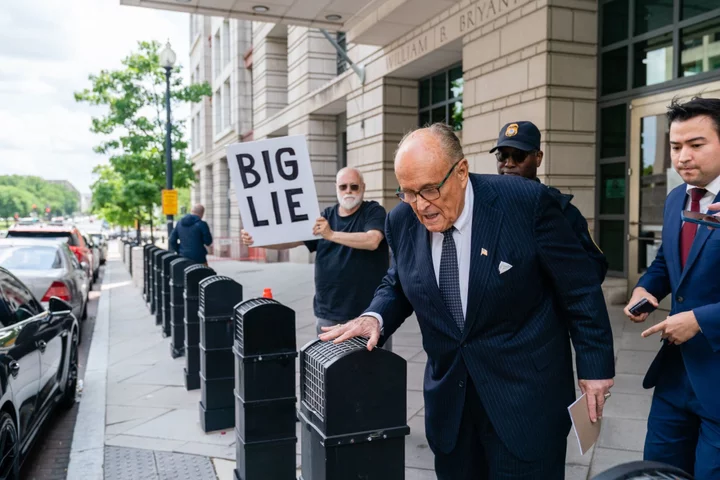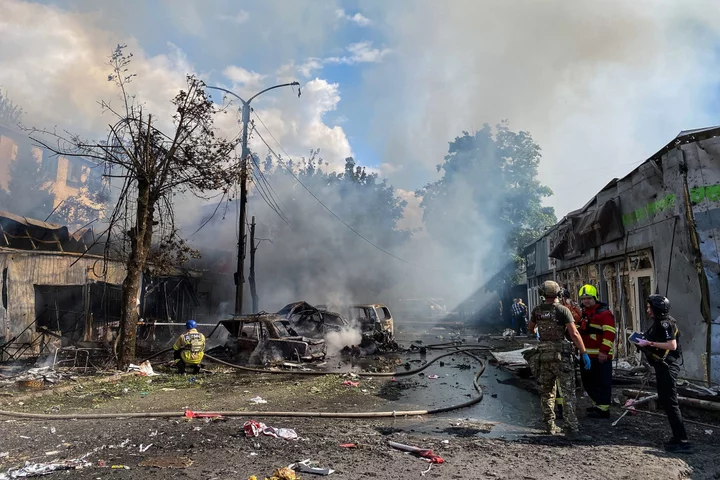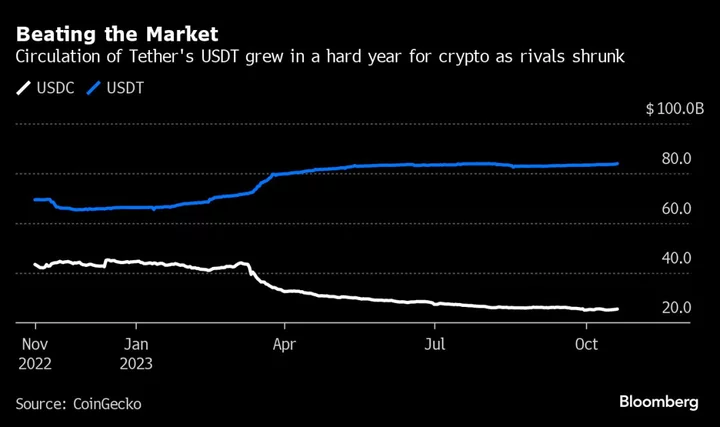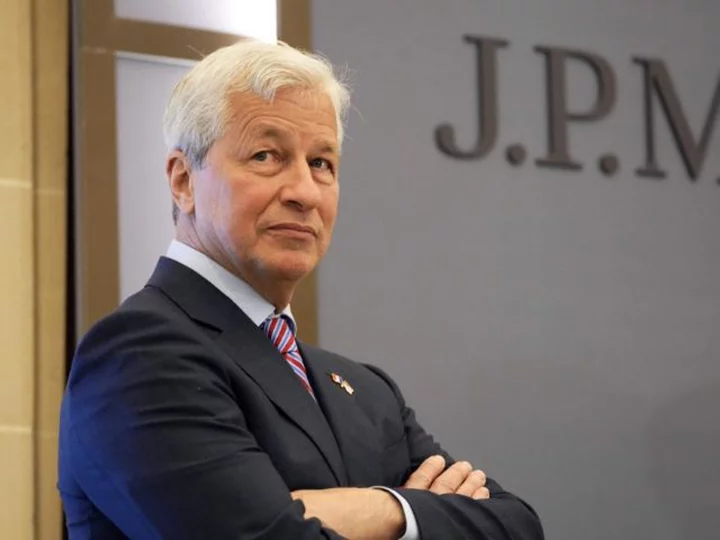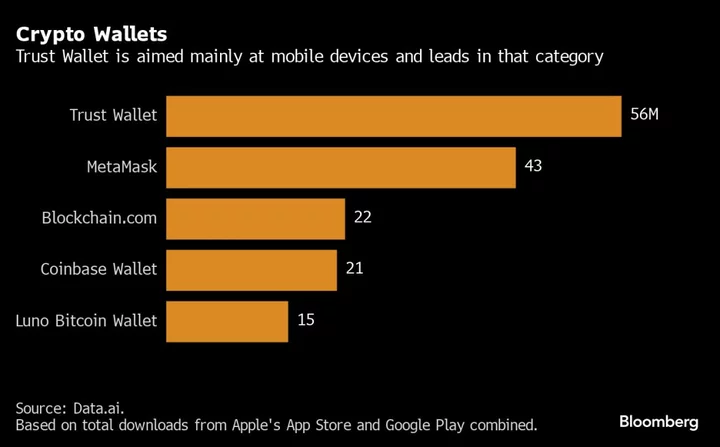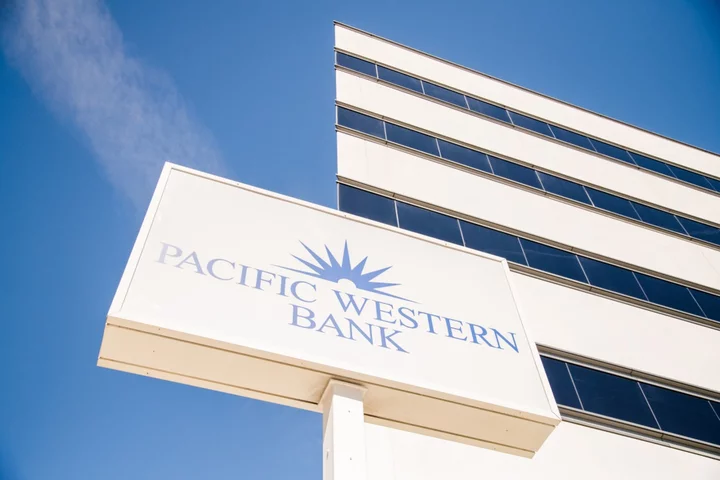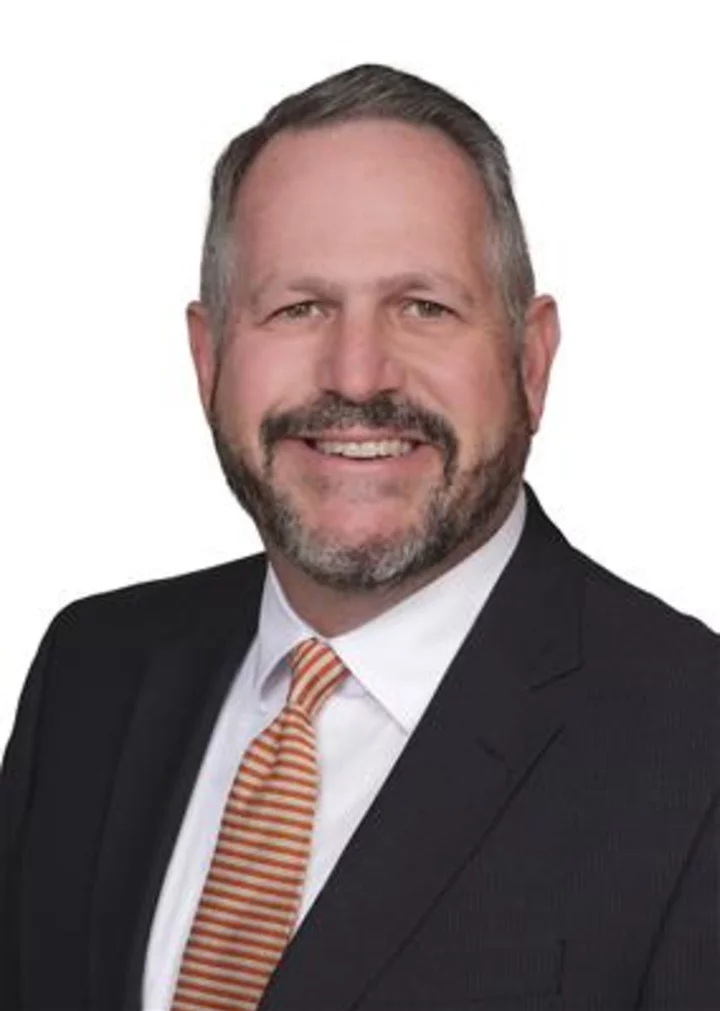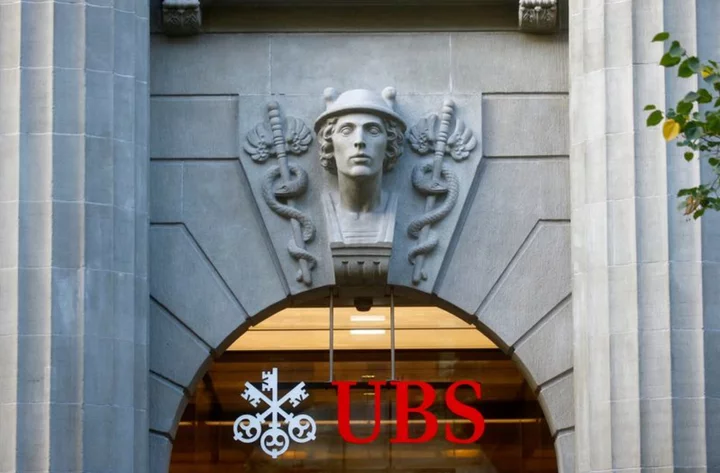Rudy Giuliani fended off accusations he’s failed to fully comply with his legal duty to produce records and other evidence for two Georgia election workers who are suing him for defamation after becoming targets of 2020 election fraud conspiracy theories he promoted.
During a nearly three-hour hearing Friday in Washington, US District Judge Beryl Howell probed claims by Giuliani and his attorney that they made good faith efforts to follow legal rules and search his electronic devices, email accounts, messaging apps and social media platforms.
Near the end, she described the case as a “murky mess.”
Howell ordered Giuliani to provide a detailed accounting of his search for information as well as financial records to prove his claim that he can’t afford to hire professionals to perform searches or pay other costs associated with accessing all potential sources of documents. That includes a database extracted from electronic devices seized by federal investigators in April 2021 in an unrelated criminal probe. (Giuliani didn’t face charges.)
Read more: Rudy Giuliani Defends Lags in Election Workers’ Defamation Suit
The civil defamation suit has proceeded against the backdrop of multiple criminal investigations related to the 2020 presidential election and efforts to overturn President Joe Biden’s win. Outside the courthouse following the hearing, Giuliani said he hadn’t received any communication from Justice Department Special Counsel Jack Smith’s office and wasn’t worried about federal charges since he cooperated with investigators immediately after the Jan. 6, 2021, attack on the US Capitol.
Asked if he had any pending federal grand jury subpoenas, he replied, “not that I know of.”
Regarding a separate probe into efforts by former President Donald Trump and allies to overturn Georgia’s 2020 election results by the Fulton County district attorney’s office, Giuliani said he wasn’t worried because he was serving as an attorney at the time. Last summer, his lawyer confirmed that they’d received notice Giuliani was a target of that probe.
He said on Friday that he hadn’t heard anything from that office since he appeared before a special investigative grand jury in August 2022; District Attorney Fani Willis recently indicated that charges could come later this summer.
The defamation suit filed by Ruby Freeman and her daughter Wandrea “Shaye” Moss has been mired over the past year in problems the plaintiffs say they’ve faced trying to obtain evidence and track down witnesses. They asked Howell to consider imposing sanctions on Giuliani and to have him at least pay their expenses for having to file a motion to force him to produce records. Howell didn’t rule on those from the bench.
Freeman and Moss faced an onslaught of threats and harassment after the election and are seeking to hold Giuliani civilly liable. They filed the case in December 2021. There’s no trial date and one of the plaintiffs’ lawyers told the judge they expected to have to ask to push back upcoming deadlines.
Howell said Giuliani’s efforts to manually search social media accounts and electronic devices weren’t reliable, and pushed back when his lawyer Joseph Sibley argued that he thought the plaintiffs had enough information to put on their case. That was the point of the discovery process, Howell said — for the plaintiffs to make sure they had any relevant information to address Giuliani’s defenses.
Giuliani described the evidence fight as “punishment by process” and said that any shortcomings in the materials that they had turned over were “inadvertent.”
Meryl Governski, an attorney for Freeman and Moss, told the judge that Friday’s hearing illustrated the ongoing issues they’d encountered trying to get clear answers from Giuliani and his lawyer. Giuliani had said, for instance, that he mostly used email to communicate about issues relevant to Freeman and Moss, but Governski said that they’d received texts from one witness involving Giuliani that they hadn’t received from him.
Separate from the fight with Giuliani, Freeman and Moss’s lawyers have gone to Howell for help serving subpoenas on witnesses, saying they were struggling to track down lawyers who did work for Trump’s 2020 campaign — Katherine Friess and Jenna Ellis. Earlier this week they described challenges scheduling a deposition with a third campaign lawyer, Ray Smith III.

